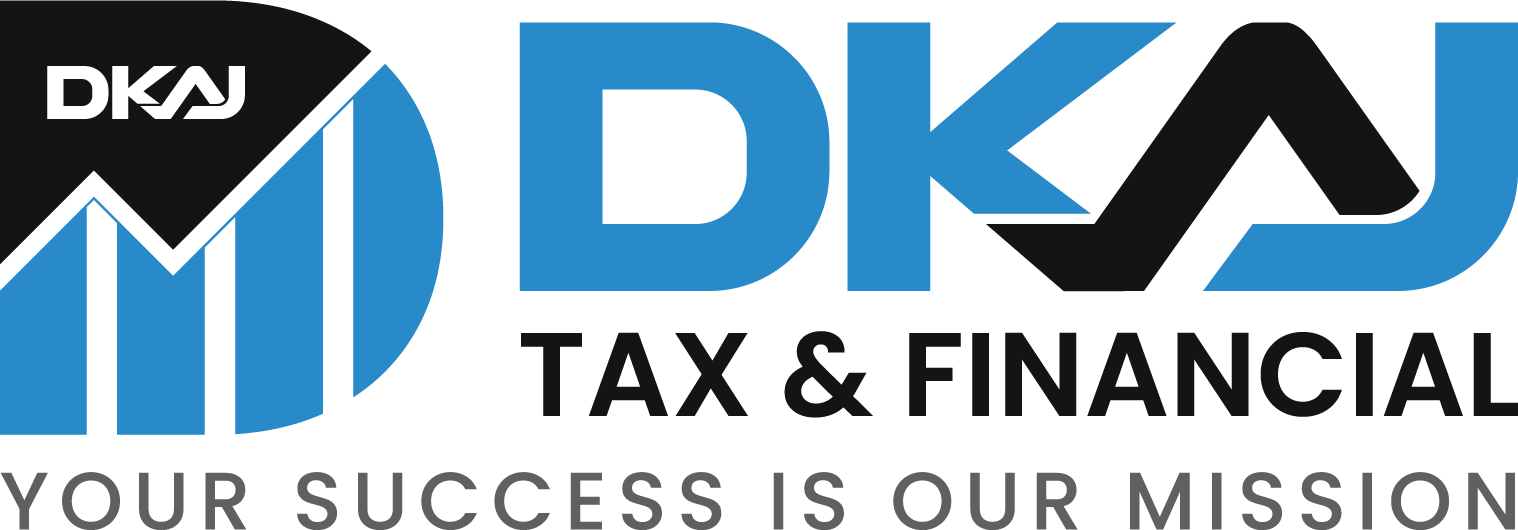Mastering Financial Wellness: Strategies for Effective Debt Management
 Thursday, December 21, 2023
Thursday, December 21, 2023
Understanding Debt and Its Impact
Debt isn’t inherently bad, but excessive debt can weigh heavily on financial well-being. It restricts cash flow, limits financial choices, and can cause stress. Understanding the types of debt—like high-interest credit cards, loans, or mortgages—is the first step toward effective debt management.
Strategies for Effective Debt Management
Assessing and Organizing Debt:
Begin by taking stock of all debts. List them out, noting interest rates, due dates, and terms. Categorize debts by priority, focusing on high-interest ones to save more in the long run.
Creating a Realistic Repayment Plan:
Craft a structured repayment plan. Consider tactics like the avalanche method (tackling high-interest debts first) or the snowball method (starting with smaller debts to build momentum).
Budgeting and Expense Tracking:
Budgeting is your secret weapon. It helps in allocating funds for debt repayment while covering essential expenses. Track every expense to identify areas where you can cut back and allocate more towards debt.
Negotiating and Seeking Assistance:
Don't hesitate to negotiate with creditors for better terms or explore debt consolidation options. Seeking guidance from credit counselors or financial experts can provide valuable insights into managing debt effectively.
Effective debt management isn’t just about settling balances; it's about taking charge of your financial narrative. By recognizing the diverse nature of debts and implementing tailored strategies, individuals and businesses can transform debt from a burden into a manageable tool.
Debt, in its various forms, holds the power to propel financial progress or hinder it. While debts like mortgages or business loans can pave the way for growth, high-interest consumer debts often shackle financial freedom. Understanding this spectrum of debts is the foundation for effective debt management.
Crafting a strategy involves meticulous planning and prioritization. Assessing debts, categorizing them by urgency, and strategizing repayment plans are vital steps. Whether employing the avalanche or snowball method or creating a personalized repayment timeline, the goal remains consistent – to alleviate debt stress and regain financial control.
Budgeting emerges as the guiding star in debt management. It’s not merely about cutting expenses but about channeling funds strategically to honor financial obligations while maintaining a sustainable lifestyle.
Negotiating with creditors or seeking professional guidance isn’t a sign of financial weakness; it’s a strategic move toward financial empowerment. Credit counselors and financial advisors can offer insights, enabling individuals to navigate complexities and chart a debt-free course effectively.
The journey to financial wellness isn’t linear. It involves challenges, adjustments, and consistent effort. Effective debt management isn’t an overnight fix; it’s a commitment to long-term financial health.
 Address:
Address:  Email:
Email: 
 Facebook
Facebook Twitter
Twitter footer.followus.insta
footer.followus.insta
